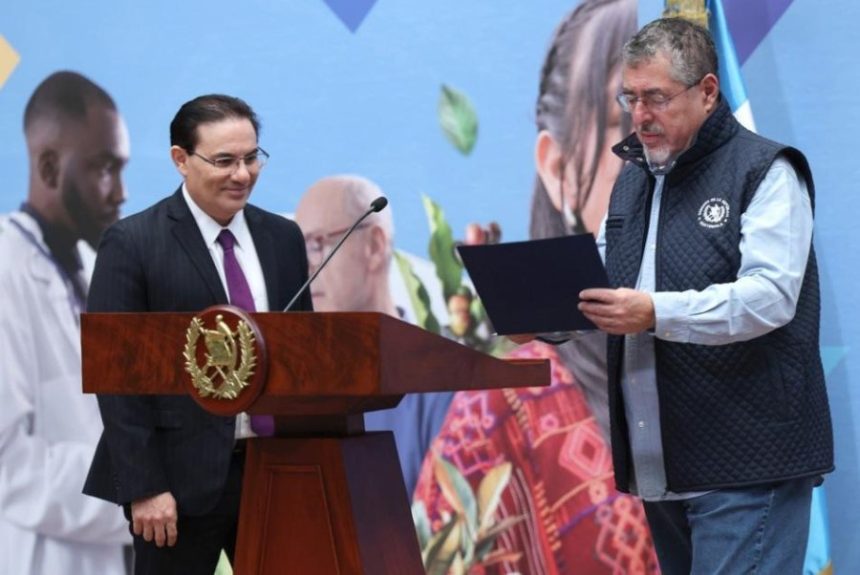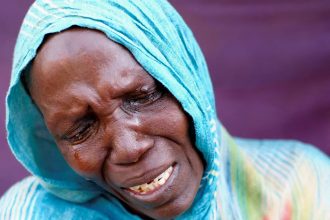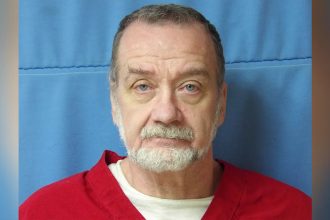Nov. 20 (UPI) — FBI agents arrived in Guatemala this week after the government requested U.S support to track down 16 gang members of the Barrio 18 group who escaped from the Fraijanes II prison Oct. 12.
Guatemala ‘s Interior Minister, Marco Antonio Villeda, held a meeting with the FBI team Tuesday begin operations. The effort will be led by the Vulcano Joint Task Force, an FBI unit specialized in combating transnational criminal organizations, the digital outlet EP Investiga reported.
Villeda said the collaboration with the FBI includes intelligence sharing, profile tracing, international tracking and identification of possible logistical support networks for the 16 fugitives, some of whom have been sentenced to more than 1,000 years in prison for multiple homicides and extortion.
The joint team will also coordinate updated Interpol alerts and request assistance from neighboring countries if investigators believe the fugitives may have left Guatemalan territory.
In mid-October, 20 members of Barrio 18 escaped from the Fraijanes II prison without emergency protocols being activated. The escape was discovered days later, and authorities believe the inmates walked out through the prison’s main gate with the complicity of guards. Prosecutors ruled out the existence of tunnels or violent actions, reinforcing suspicions of internal corruption.
Only four of the escapees have been recaptured.
The U.S. Embassy in Guatemala called the escape “totally unacceptable” and demanded immediate action from the Arévalo government.
“On Sept. 23, the United States designated members of this heinous group as the terrorists they are and will hold accountable anyone who has provided, provides or chooses to provide material support to these fugitives or other gang members,” the embassy said in a statement.
The escape triggered a governance crisis. Arévalo, who was traveling in Europe when the incident occurred, was criticized for his delayed response.
Upon his return, the president dismissed the interior minister and the prison directors as a way to ease the political crisis, and requested support from the United States to locate the escaped inmates.
The Public Ministry asked Congress to lift the immunity of the president and Vice President Karin Herrera, accusing them of failing to carry out their duties. However, the move was widely interpreted as another step in the conflict between the executive branch and judicial officials, who have been accused of undermining democratic processes.
In response, the government launched a legislative and operational offensive. Measures include an Anti-Gang Bill under discussion in Congress and the construction of a maximum-security prison to isolate criminal leaders.
Authorities also announced the demolition of unauthorized structures inside the Pavoncito prison, where inmates had built three-story “apartments,” and the implementation of biometric technology to prevent identity fraud.
Business groups, media outlets and analysts questioned the government’s ability to maintain territorial control. The opposition called the measures “reactive” and “cosmetic,” while human rights organizations warned about the risk of militarizing the prison system.
Calling in the FBI represents an attempt to restore institutional trust, but it also spotlights the fragility of Guatemala’s prison system and the complexity of confronting organized crime.









